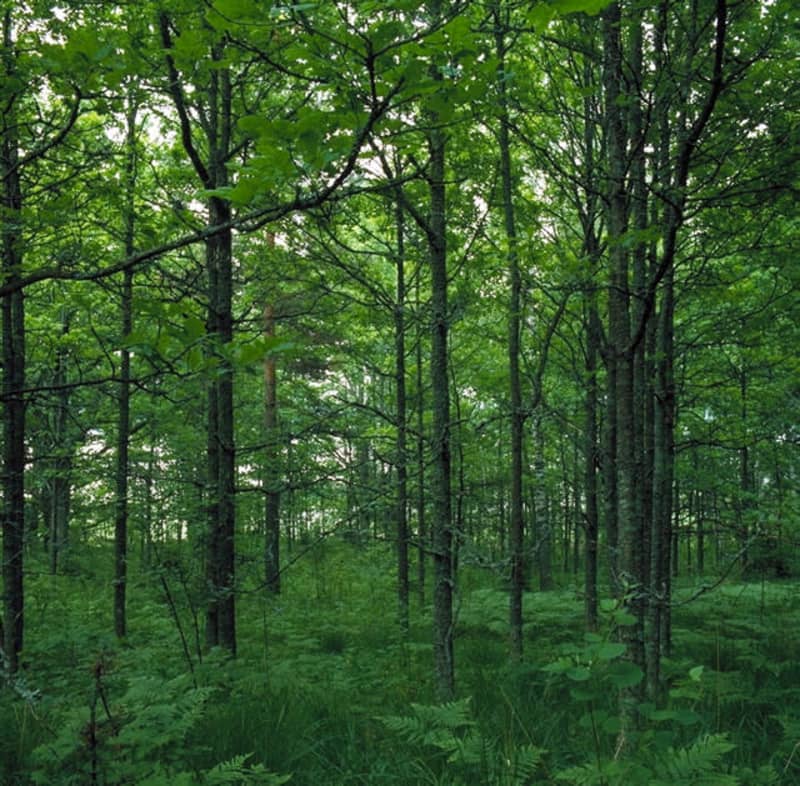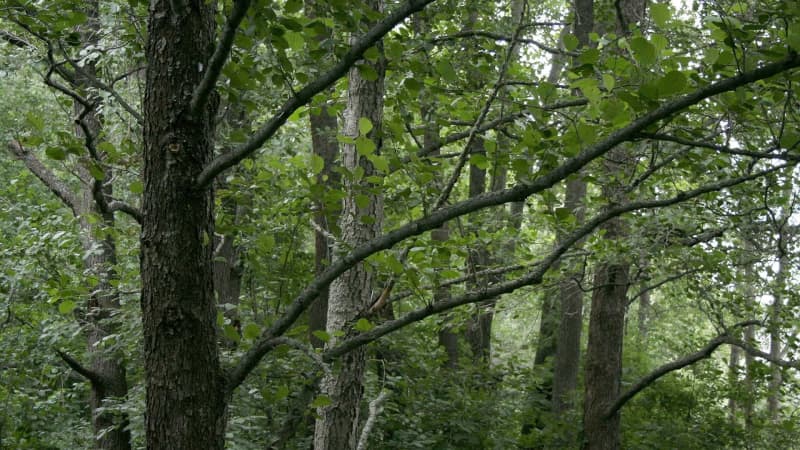The research group led by Egbert Beuker, a specialist researcher at the Finnish Natural Resources Agency, is investigating how the number of hardwood trees could be increased in the forests of South Savonk.
Too much spruce is grown in Finnish forests. The worst situation is in southern Finland, where spruce trees account for more than 70 percent of the cultivated area. Even in Etelä Savo, more than half of the trees planted are spruce.
This is problematic because spruce is more sensitive than other tree species to the increasing dryness due to climate change. It exposes the hemlocks to pests such as bookworms.
The Etelä-Savo cultural fund gave the work group led by Beuker a 100,000-euro forest science grant last spring. The group is investigating how the number of deciduous trees could be increased in the forests of Etelä Savo, and what effect it would have, for example, on the carbon sequestration capacity of the forests.
– These are domestic tree species, iron birch, tar alder, gray alder, oak and aspen. What are the best growing places, conditions and treatment methods. We study them both as pure tree species and mixed with conifers.

The research group investigates the production potential of hardwood trees in South Savo
Research is carried out in the natural resources center’s experimental forests in various parts of southern Finland, also in Punkaharju in southern Savo. The history of these forest areas is well known and previous measurement results are also available.
Over the course of two years, the research group is supposed to answer at least what the production potential of different trees is in South Savo.
– Carbon sequestration and ecological diversity are also important issues. There is also joy in recreational use if diversity increases. But for the forest owner, the economic argument is certainly the strongest.
Beuker reminds that it takes a long time from the planting of deciduous trees to the forests diversifying from what they are now. In addition, Finland’s abundant deer and roe deer populations may slow down the spread of deciduous trees.
– They are of great importance to the success of tree planting, but fencing hardwood forests would increase costs.

